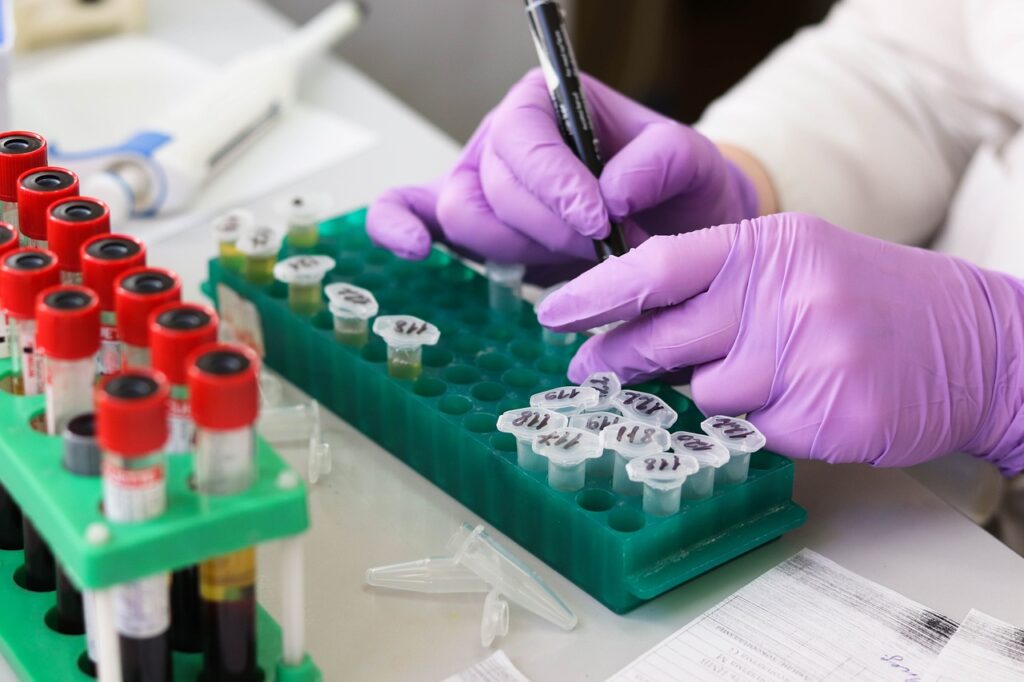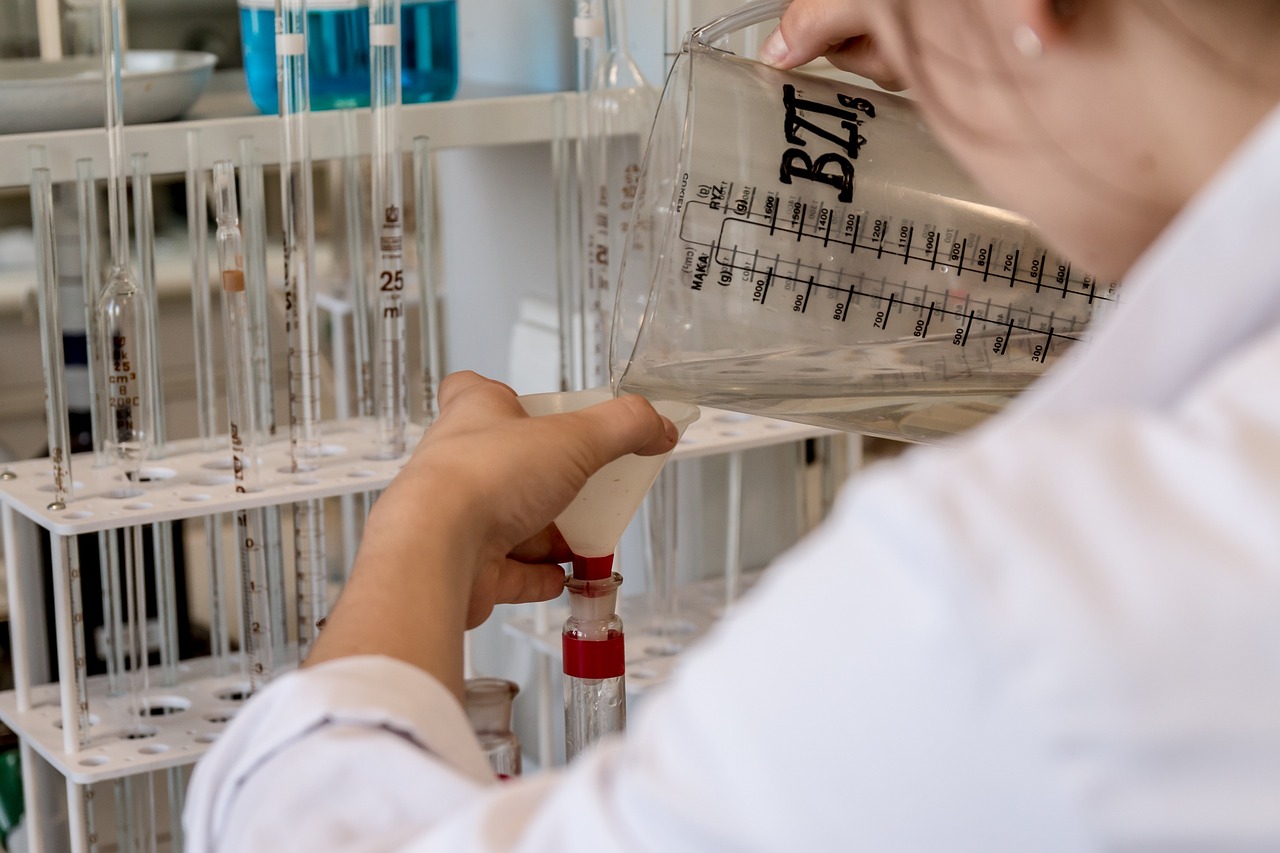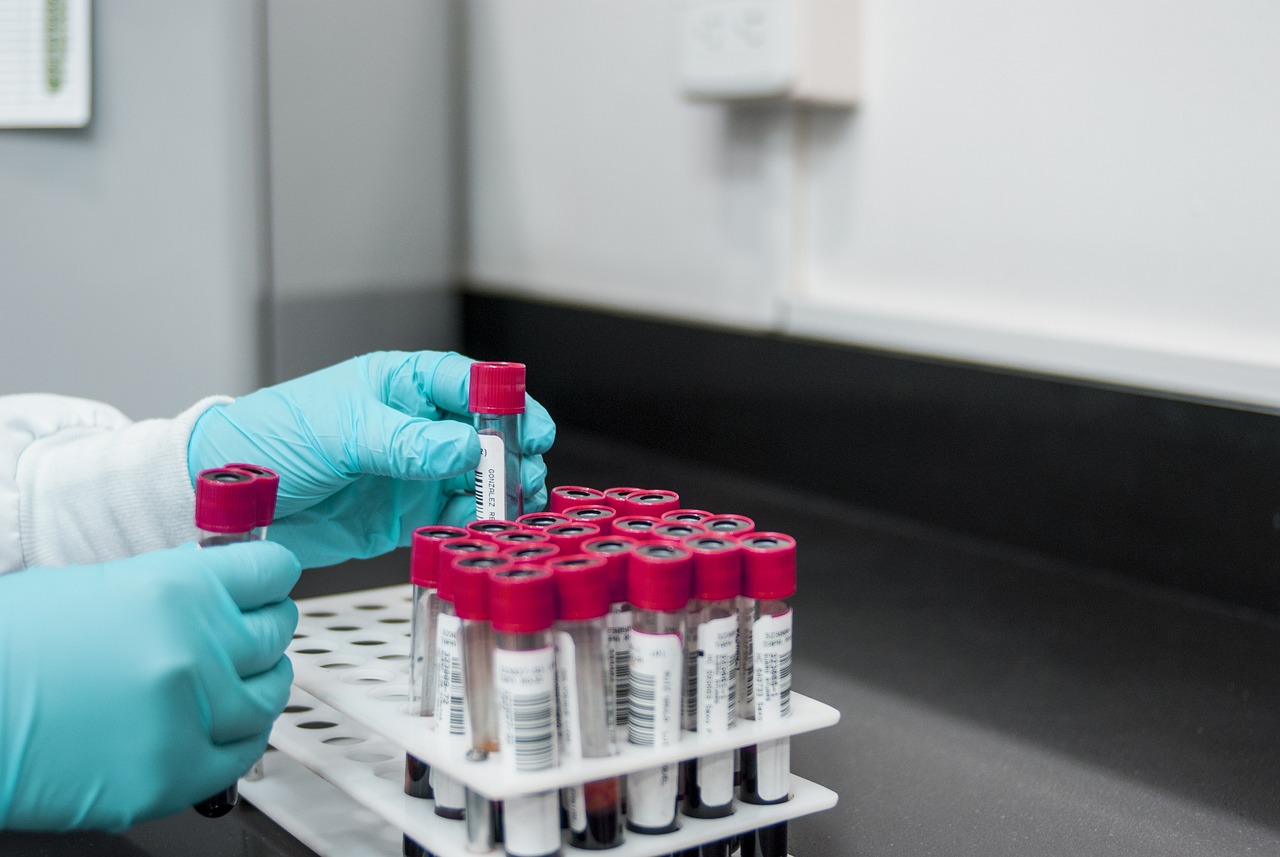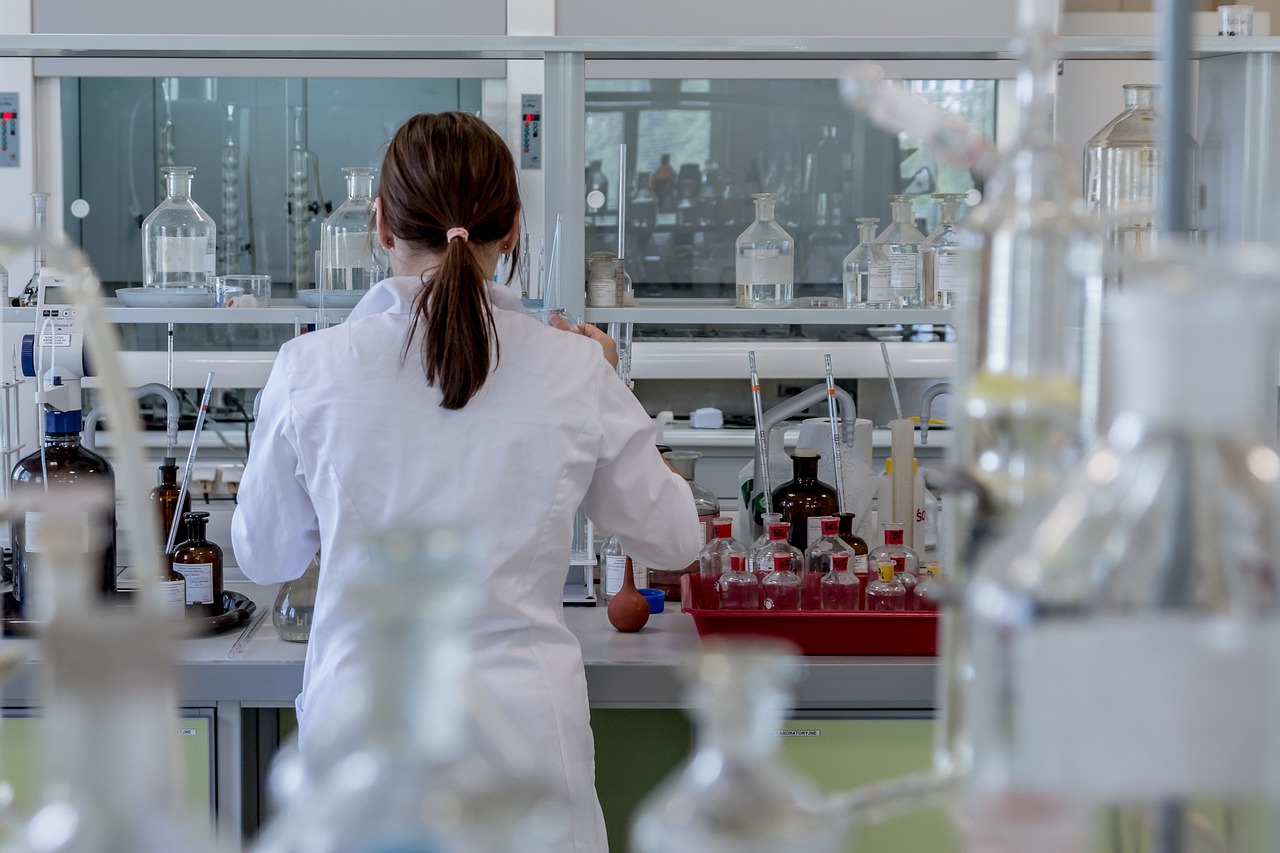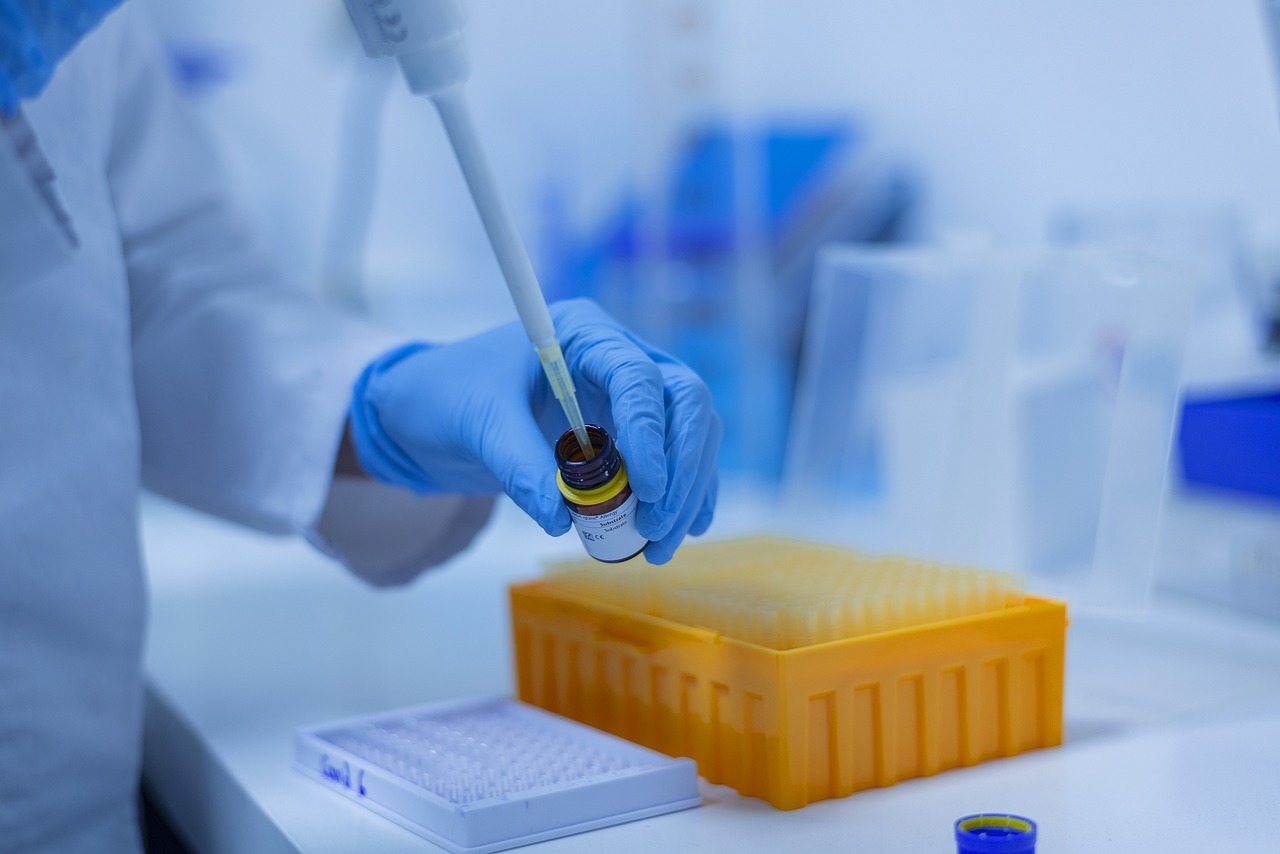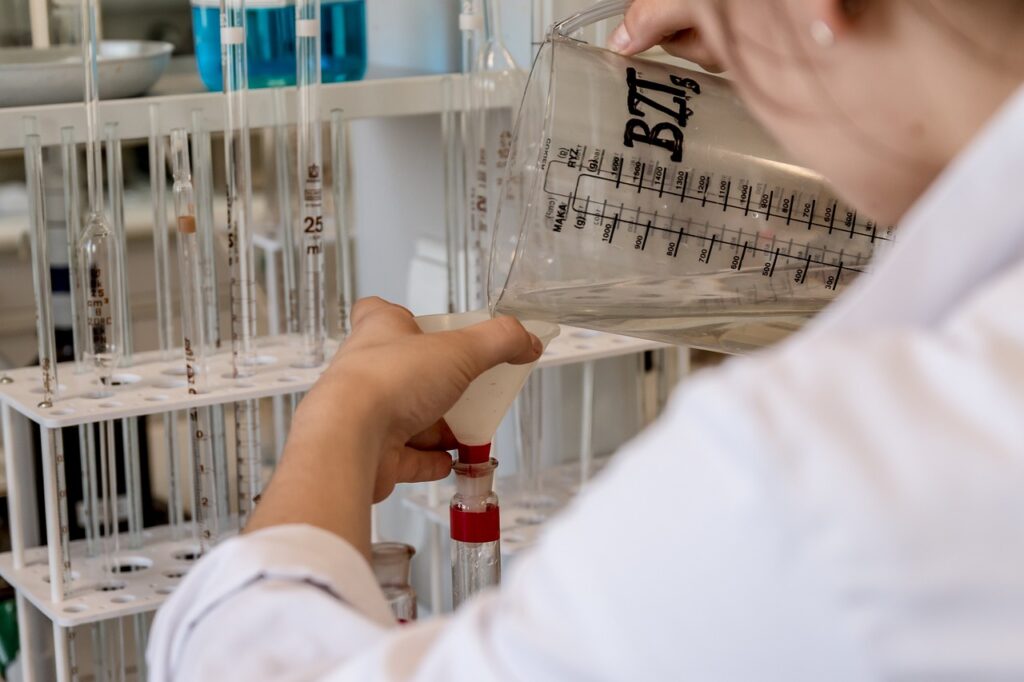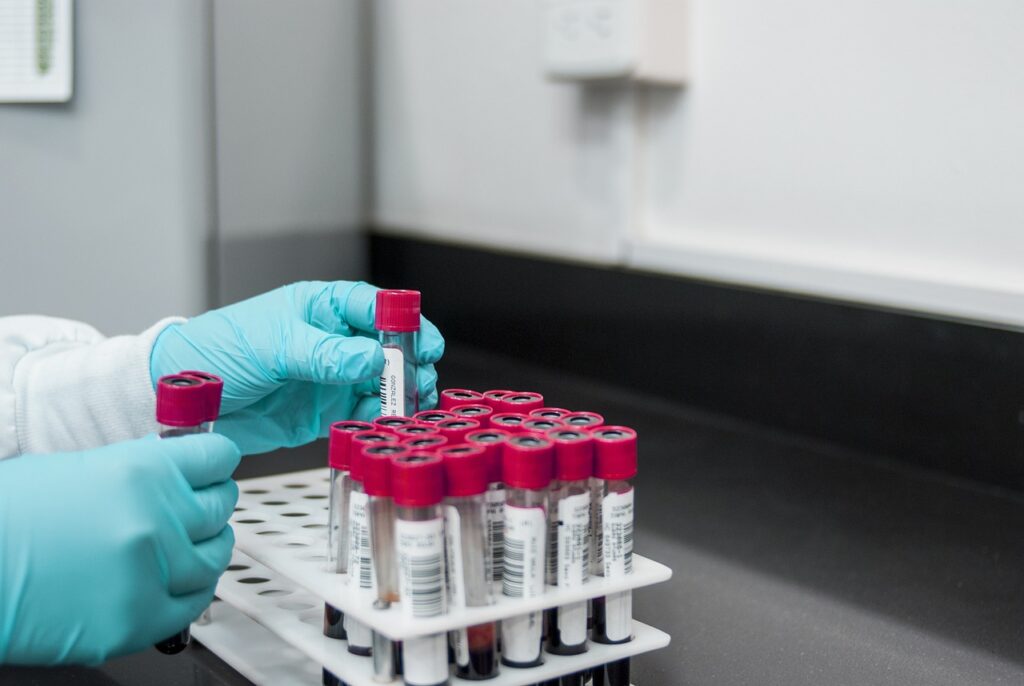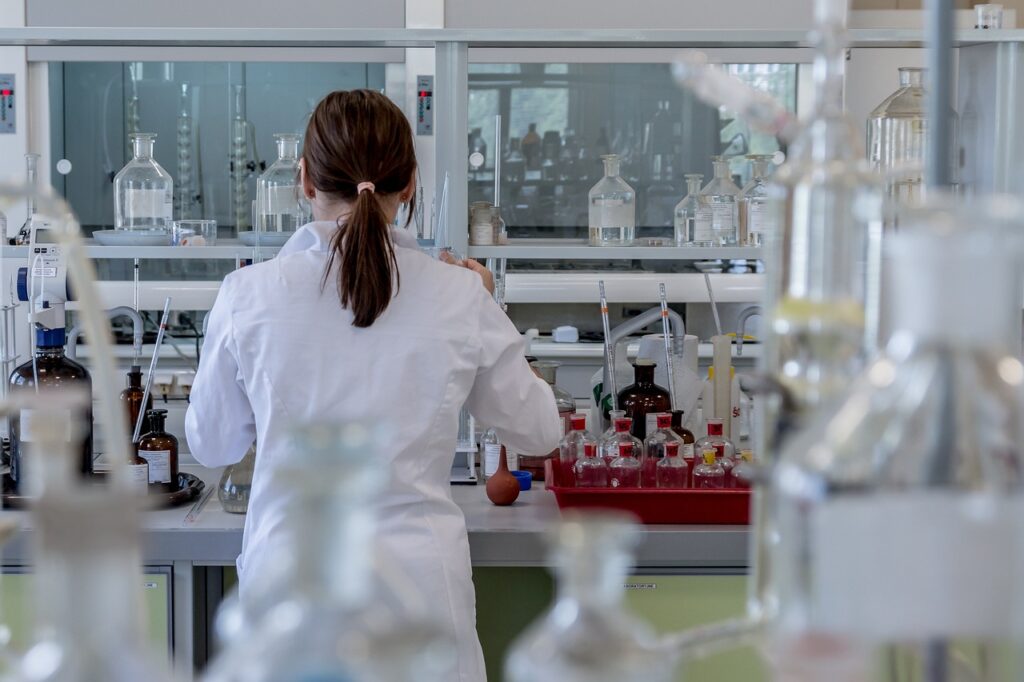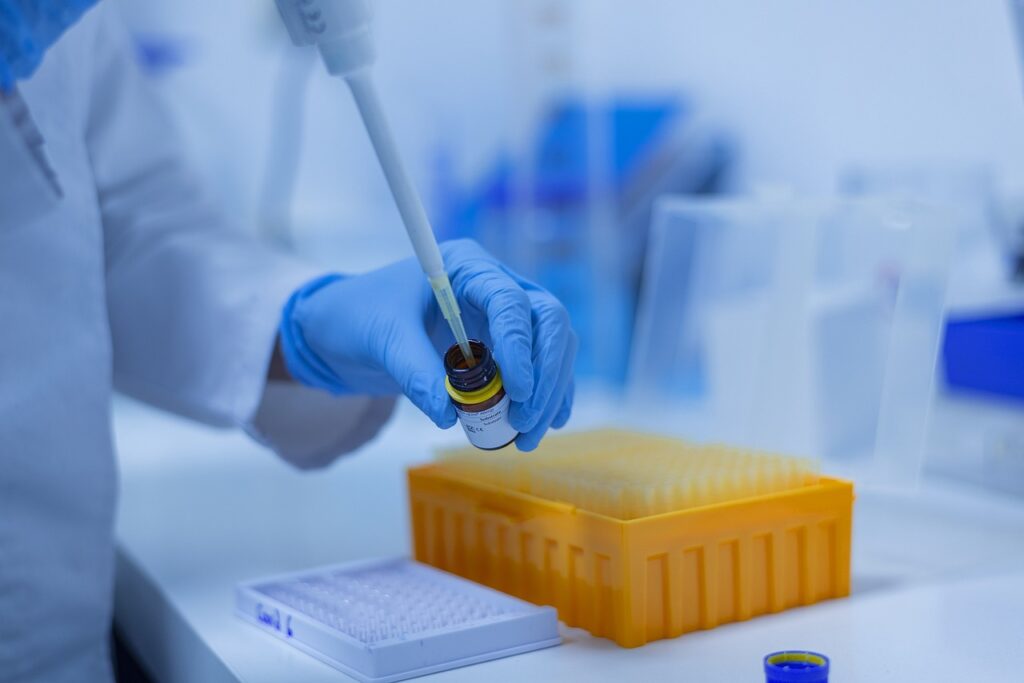Manufacturers, authorities, and consumers all place a high premium on ensuring the safety and quality of food. Having specialist facilities that can confirm the safety, composition, and nutritional value of food products has become crucial due to the growing complexity of food supply chains. A Food Quality Assurance Lab is essential in this situation. Before food goods are distributed to customers, these labs carry out thorough testing to make sure they adhere to national and international safety regulations.
The importance of food quality assurance has increased due to rising consumer awareness and stringent food safety regulations. With globalization and the mass production of food, risks such as contamination, adulteration, and fraudulent practices have become more prevalent. A Food Quality Assurance Lab mitigates these risks, offering scientific validation that food products are safe and high in quality. These labs act as a bridge between manufacturers and consumers, ensuring trust and transparency in the food industry.
What is a Food Quality Assurance Lab?
A food quality assurance lab is a dedicated space with cutting-edge equipment and scientific know-how to examine food items for compliance, safety, and authenticity. These laboratories conduct testing to find impurities, validate dietary statements, and make sure food satisfies legal specifications. By doing this, they assist food producers and distributors in upholding strict quality standards and avoiding health hazards related to contamination, adulteration, and foodborne illnesses.
The labs are equipped with sophisticated instruments such as chromatography systems, spectrophotometers, and microbial detection tools, allowing them to conduct thorough analyses of food components. The expertise of food scientists, microbiologists, and chemists in these labs ensures that every batch of food meets established safety criteria before it reaches consumers. Additionally, these labs conduct research to improve food quality, enhance preservation techniques, and develop better food safety protocols to adapt to evolving market demands and challenges.
Functions of a Food Quality Assurance Lab
A Food Quality Assurance Lab is responsible for conducting various tests and assessments, including microbiological testing, chemical testing, nutritional analysis, shelf-life testing, adulteration and authenticity testing, and packaging and storage analysis.
For instance, microbiological testing helps detect harmful bacteria such as Salmonella and E. coli, which can cause severe illnesses. Chemical testing ensures that food products are free from toxic substances such as pesticides, heavy metals, and other harmful additives. Nutritional analysis verifies the accuracy of labels, ensuring consumers receive the right balance of nutrients as advertised. Shelf-life testing ensures that food remains fresh and consumable within the stated expiration period, reducing food waste and protecting consumer health.
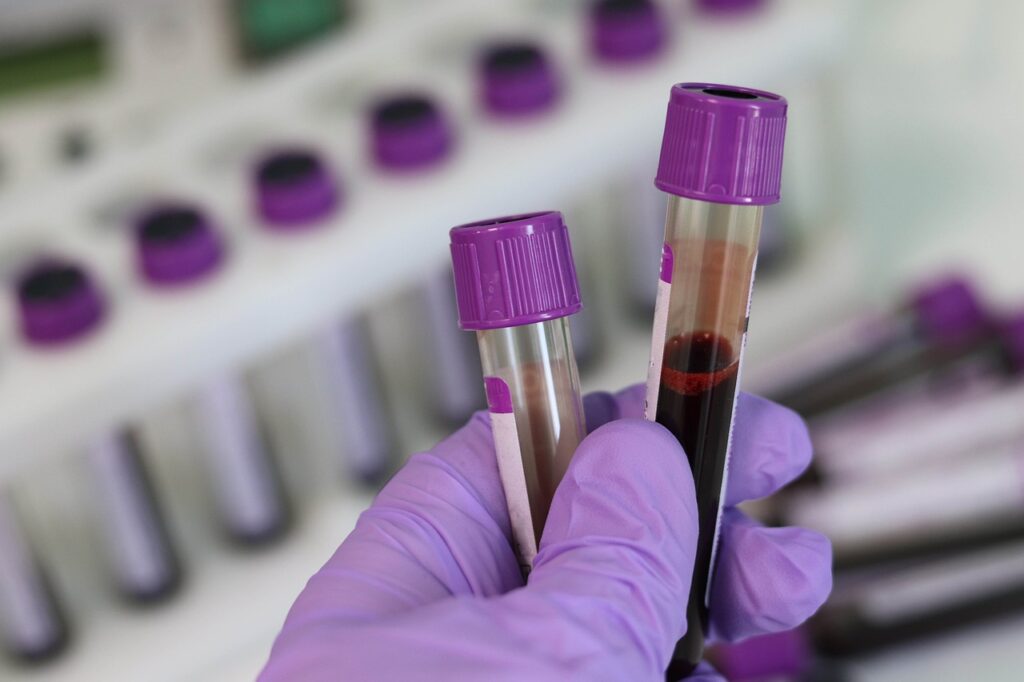
Importance of a Food Quality Assurance Lab
The role of a Food Quality Assurance Lab is vital in maintaining consumer trust and regulatory compliance. Here’s why these labs are important:
- Ensuring Food Safety Food contamination can have serious health consequences, including food poisoning, allergies, and chronic diseases. Quality assurance labs identify contaminants and ensure that food is safe for consumption.
- Regulatory Compliance Food industries must comply with national and international safety standards set by organizations like the Food Safety and Standards Authority of India (FSSAI), ISO 22000, and FDA. These labs help businesses meet legal requirements and avoid penalties.
- Preventing Food Fraud Food fraud, such as mislabeling, dilution, and substitution, is a growing concern. Quality assurance labs use advanced testing methods to detect and prevent fraud, ensuring that consumers receive authentic and high-quality products.
- Enhancing Consumer Confidence Consumers are becoming more conscious of what they eat. Accurate nutritional labeling and safety certification from a quality assurance lab reassure customers that their food is safe and nutritious.
- Improving Brand Reputation A food company’s reputation depends on the quality and safety of its products. Regular testing in a Food Quality Assurance Lab helps businesses maintain their brand image by preventing recalls and ensuring high standards.
- Reducing Product Recalls and Losses A single food recall can cost a company millions of dollars and damage its reputation. Quality assurance labs help identify potential risks before products reach the market, thereby minimizing losses.
- Supporting Research and Development Food manufacturers often use quality assurance labs to develop new products. These labs provide scientific insights into ingredient interactions, shelf-life extension, and formulation improvements.
The Process of Food Testing in a Quality Assurance Lab
A Food Quality Assurance Lab’s food testing procedure is structured and includes sample collection, lab testing, data analysis, compliance verification, certification, and reporting.
Emerging Technologies in Food Quality Assurance Labs
Food testing techniques have changed dramatically as a result of scientific and technological breakthroughs. These labs employ a variety of state-of-the-art technologies, such as blockchain technology, spectroscopy and chromatography, artificial intelligence (AI) and machine learning (ML), and DNA-based testing.
Conclusion
A food quality assurance lab is essential to preserving consumer confidence, legal compliance, and food safety. These labs guarantee that food items fulfill the highest quality standards, prevent foodborne illnesses, and lower fraud. The need for dependable and cutting-edge food testing facilities will rise as the food industries continue to expand. Investing in food quality assurance enhances brand reputation and business sustainability in addition to safeguarding public health.

